
What is Camp?

It is quite difficult to get to define CAMP as a Concept, as there is a wide array of types of camps, camp profiles, and camp specialities. There are as many kinds of camps as there are different kinds of kids & youth (based on their backgrounds & interests). No mattering what kind of Camp it is you are looking into, it surely aims at providing a unique experience to its campers, that either offer a first-time experience to many activities or rather provide an in- depth expertise into a specific activity. But they all provide fructiferous human-interaction and tend to bond long-lasting relationships.
Although summer is the golden season for camp, it must be noted that nowdays, many camp operators offer their experiential learning programs year-round.
-
Basically, what a Camp does, is to provide an opportunity for children & youth to grow around a set of common interests, abilities & a set of shared values; and for each of them to gain practical experience to dicover new talents. Camp offers stimulating and creative ways to learn while playing and boosting social interaction.
-
When you are at camp you meet people that get to know you far more better than many from school. You make strong relationships in a short amount of time.
-
The magic at Camp happens because people open up themselves and accept you as you are.
-
The environment at Camp is welcoming and friendly. Camp has such a deep emotional impact in most people that it is normal to see tears on the last day.
-
When choosing a camp for your child, you should consider not only what they will have while they are there, but also what gains they will come back with.
When you look into camp from the outside, you just can not fully comprehend it.
Trying to describe Camp´s magic to the outside world is not fully explicable.

Your child will live, experience & learn (experiential learning) by: Taking responsibility for his/her actions, getting out of his/her comfort zone, focusing on values & expectations, practicing leadership roles, socializing and making friendships based on common interests and shared experiences.

It is said that from many young people who have started their own business, a considerable amount of them mentioned they had been influenced by their camp counselors when they learnt at camp how to gather resources and to achieve goals.

Campers demonstrate when back at home to have developed skills such as independence, empathy, team-work, and their world view.

Your child will live, experience & learn (experiential learning) by: Taking responsibility for his/her actions, getting out of his/her comfort zone, focusing on values & expectations, practicing leadership roles, socializing and making friendships based on common interests and shared experiences.
Why should I send my Child to Camp?
Camp developes in a natural way into all campers, a common sense for: teamwork, motivation and self-encouragement; and it fosters politenes, punctuality, responsibility, mental & emotional health, the sense of belonging, community building attitude, and many other soft and hard skills from adventure sports to activities they might be trying out for the first time in their lifes. Without doubt, an experience of a lifetime.
The benefits of sending your child to camp are priceless. And the potential areas for growth, almost countless.
Spending time away from home and the camper´s comfort zone, it allows to a significant space for personal growth. Without the constant use of electrical devices (i.e. smartphones) and being in close contact with nature, allows to increase the camper´s environmental awareness.
Interacting with peers from all walks of life supports a positive social interaction, increasing tolerance and respect for diversities.
By playing and having fun at camp, your child will increase his/her curiosity, the use of imagination and creative thinking, communication skills, problem-solving skills and will come back home feeling autonomous & self-confident.

When should I send my Child to Camp?

Children are normally for their first overnight summer camp experience, by age 7. Obviously, this is a very personal and therefore subjective matter. That being said, a child should never be force to attend Camp. But perhaps, if you are a worried parent reading this for advice, most probable your kid might already be ready to be absent from home for a bit. Regardless, a good way to look at it is: if your child is already attending school and afternoon activities without issues, and has done some sleep-overs at places away from home with relatives/ friends, then he/she shall be good to go to Camp.
Each Camp has its own sessions, according to the season, the age range, availability, material & equipment, etc.
Normally, for the younger Campers, parents get to choose between a 1 week session and up to a couple of weeks.
For the Senior Campers normally there are options from 2 to 4 weeks. And Leadership and Counselor In Training Camps might last up to 6 weeks.
For how long shall my child attend Camp?
Tips & Resources for Parents
Some Facts about Camp, according to a
Canadian Camping Association Reserach*
Over 65 % of Campers show positive change in terms of learning and growing with regard to social connections.
67% of all campers experience positive growth in their independence, personal developement and self-confidence.
61% of campers reported positive growth in their Personal Attitude.
69% of participants felt that the residential experience in nature encouraged campers to feel eager to learn more about & respect nature.
61% of campers reported positive growth in their attitude toward the enjoyment of physical activity and associated benefits to physical and mental health.
86% of campers reported positive growth and learnt about tolerance, patience, and the value of teamwork and cooperation.
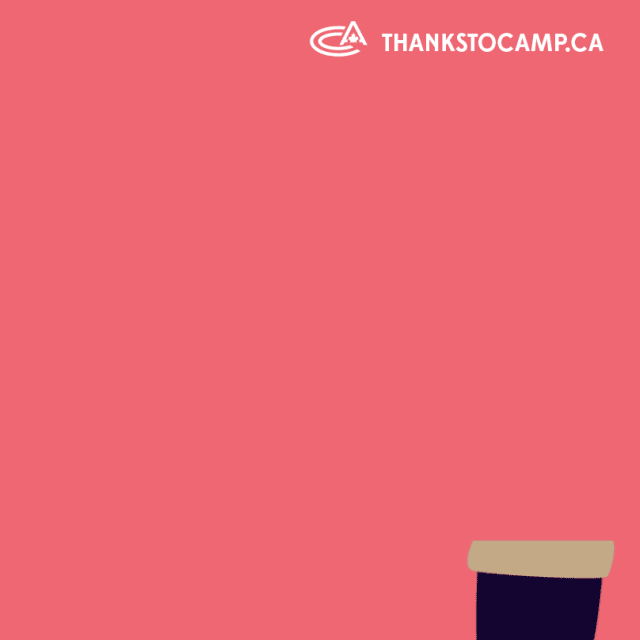 | 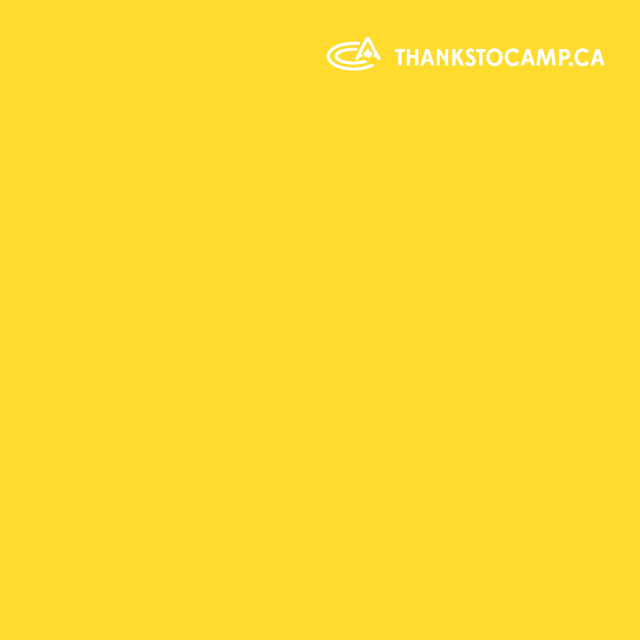 | 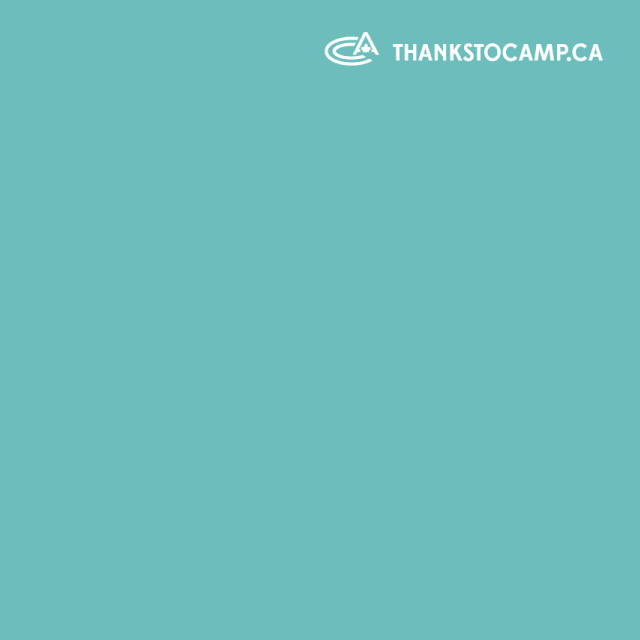 |  |
|---|---|---|---|
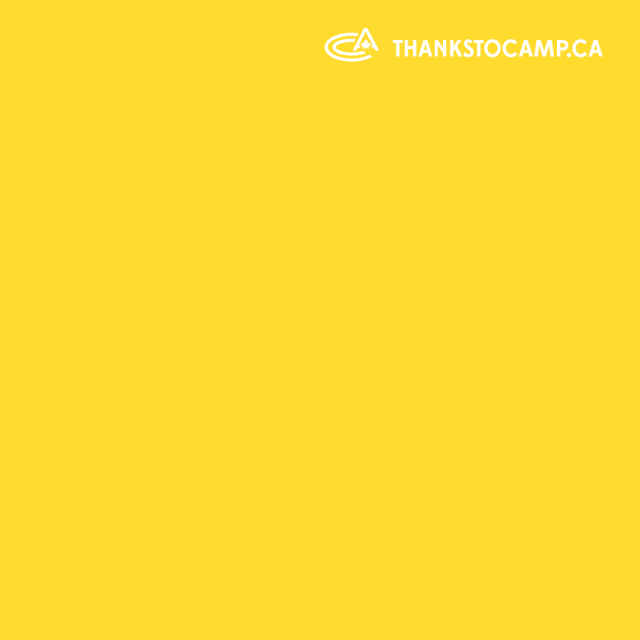 | 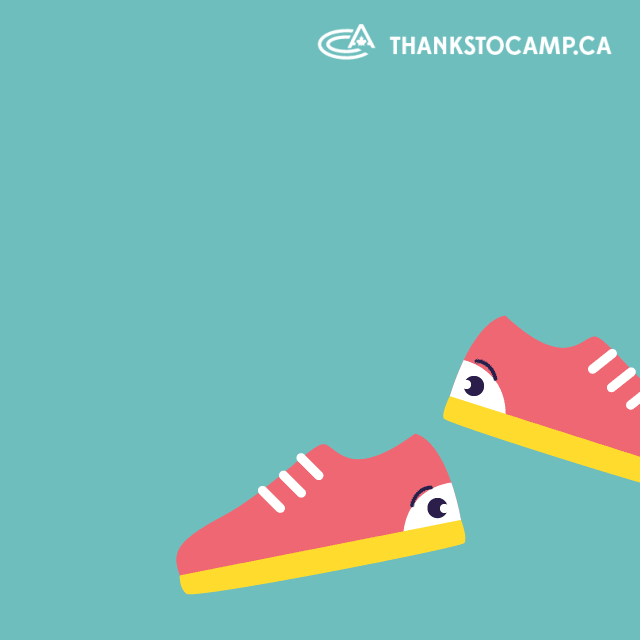 | 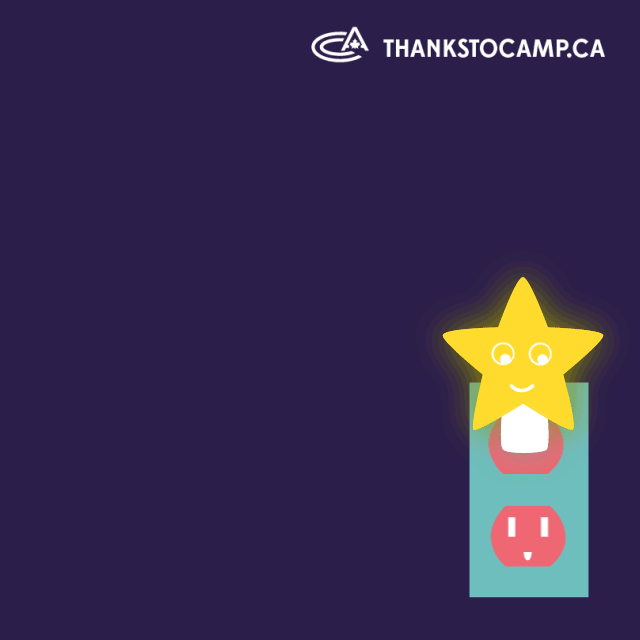 |
How to deal with Homesickness

Is it your child´s first time at camp?
Are you concerned that he/she won´t make friends and will feel lonely? No worries, camp is the place to become yourself, toto learn to get comfortable out of the shelter zone, and grow as a person.
Please bear in mind the following tips developed by experts from the Camping Community around the world and supported by the International camping Fellowship.
-
When registering your child to a Camp program, make sure the decission is agreed upon by both, your child and your self.
-
Speak about Camp during the weeks ahead of the program start date. Review pictures and comment on all the cool aspects that you can imagine. Awake in your child the motivation to go to Camp.
-
Try out leaving your child overnight with grand parents, relatives or good friends, so he/she can get used to spending some time (overnight) without having parents right next door. That includes making no phone calls.
-
Do the before-Camp shopping together. Let you child get involved in picking the items on the Camp Check list, from toothpast to socks, sun hat, etc.
-
Do some Sleeping-Bag trainig using it a couple of times at home, so when your child gets to Camp, he/she feels comfortable sleeping in it.
-
Do the packing together, and use plastic bags to keep them sorted out and dry. If your child gets involved in the packing, he will feel secure knowing what he/she has brought and where it is.
-
When saying goodbye, your corporal and verbal language are extremely important to set up your child for a home-sickless adventure or, the opposite. This is a crucial moment, and it is good if you prepare your goodbye phrases the positive way. For example: It is better to say, ¨If you start feeling a bit homesick, make sure to tell your couselor and she/he will make you feel better. Enjoy as much as possible!¨ -instead of something such as: ¨If you don´t like it, then you can call me and we can discuss me picking you up, ok?¨-.
-
Homsickness is not an ilness, is a natural emotion. Therefore, by dealing with it, children develop their soft skills and how to handle their emotions. So, it is not a bad thing to be homesick. What it is important, is to know how to deal with it, and Camp staff has plenty of experience and a lot of resources, so parent, keep calm. Your child will be just fine!
-
If it is a severe case, then Camp Director will contact you, and will let you speak to your child, and then discuss the next steps, but PLEASE, never arrange any pick-up plans with your child without having spoken to the Camp Director.
To inform yourself better about the camp you´ll choose, there are
Top Ten
Suggested Packing List
1.
HEAD & FACE
-
Sun-Hat
-
Baseball Cap
-
Sun Glasses
-
Goggles
-
Bandannas
3.
FOOTWARE
-
Hiking Boots
-
Running shoes
-
Crocks / Sandals
-
Dry shoes
-
Plenty of socks
5.
WATER
-
Swimming towel
-
Shower towel
-
Swimsuits
-
Robe
-
Wind breaker / Rain jacket
7.
ELEMENTS
-
Insect repellent
-
Sunscreen
-
Lip balm
-
Moisture cream
-
Foot powder
9.
OTHER
-
Feminine products
-
Batteries
-
Writting letters material
-
Books
-
Magazines
2.
BODY
-
T-shirts / Tank tops
-
Shorts / Bermuda shorts
-
Long Pants
-
Fleece & warm Jacket
-
Underwear
4.
BEDTIME
-
Sleeping bag
-
Blanket / sheets
-
Pajamas
-
Pillow
-
Mattress pad
6.
WASH
-
Shampoo & Body wash
-
Toothpaste
-
Toothbrush
-
Deodorant
-
Comb / brush
8.
OUTDOORS
-
Flashlight
-
Water bottle
-
Pocket knife
-
Compass
-
Knapsack
10.
OPTIONAL
-
Frisbee / other outdoor toy
-
Musical Instrument
-
Special gear
-
Talen show Item
-
Silent auction donation item

